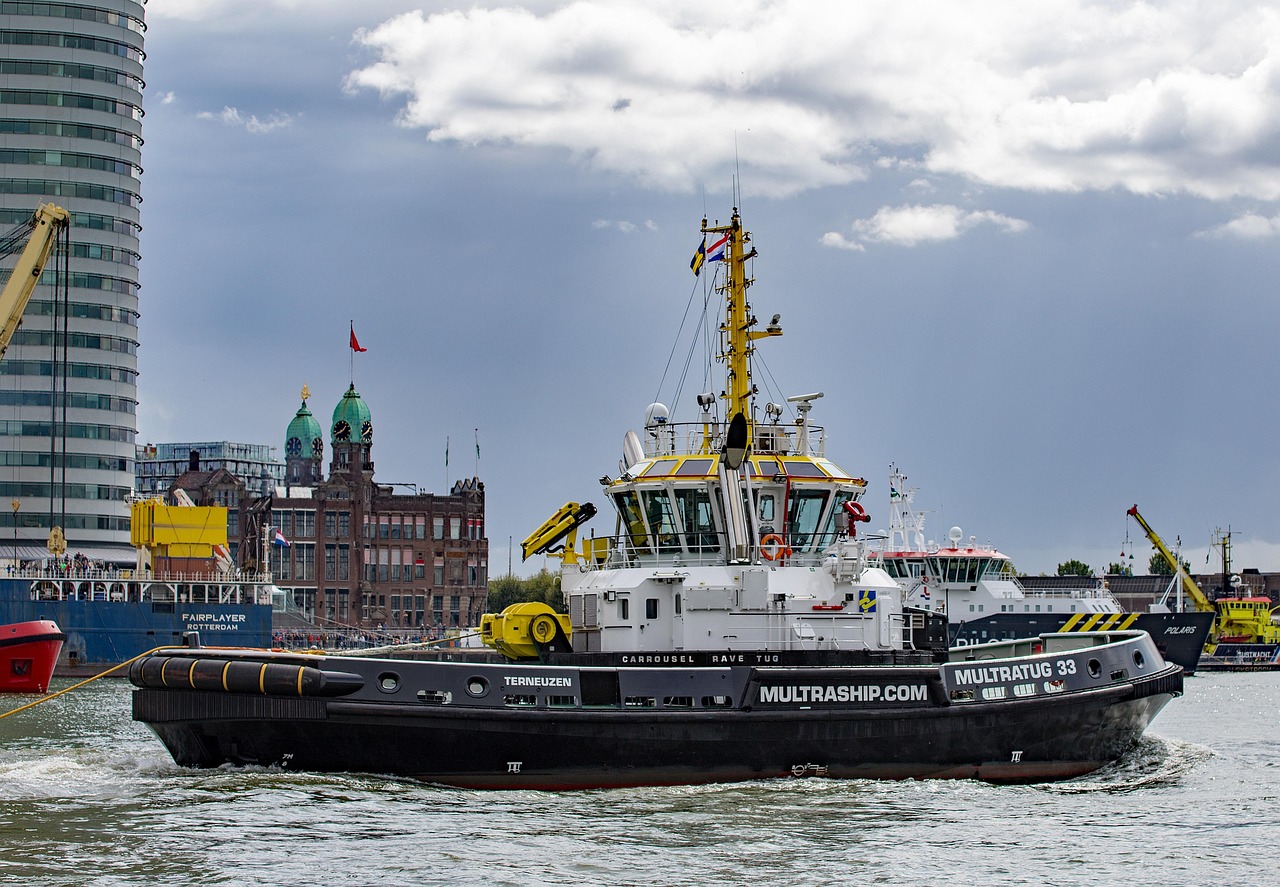
Starting on January 1, 2026, all vessels bunkering fuels at the Port of Rotterdam must use Mass Flow Meters to deliver residual fuels and biofuels. This technology ensures accurate measurement of fuel quantities, making bunkering more transparent, efficient, and reliable.
As one of Europe's largest bunkering ports, Rotterdam is also among the world's top three bunkering ports. Approximately 9.5 million tons of marine fuels are supplied to vessels in Rotterdam each year. In addition to traditional fuels, the supply of alternative and renewable fuels in Rotterdam is steadily increasing.
Rotterdam offers a variety of fuels and is at the forefront of providing new and more sustainable fuel options. The port was the first in Europe to offer bunkering of liquefied natural gas (LNG) and the first globally to conduct ship-to-ship methanol bunkering. Currently, an increasing number of alternative fuels can be safely bunkered in Rotterdam.
Key points regarding the new bunkering regulations are as follows:
Valid bunkering permits are still required for the delivery of these fuels. Relevant companies must comply with specific regulations and undergo regular supervision by the port authorities.
Despite the presence of Mass Flow Meters, marine surveyors continue to play a crucial role. It is strongly advised to hire qualified and accredited surveyors familiar with the system.
Mass Flow Meter systems must be certified and registered with the Port of Rotterdam's Port Supervisor by January 1, 2026. Violations may result in fines or permit revocation. If using a bunkering barge, ensure all documents are in order.
